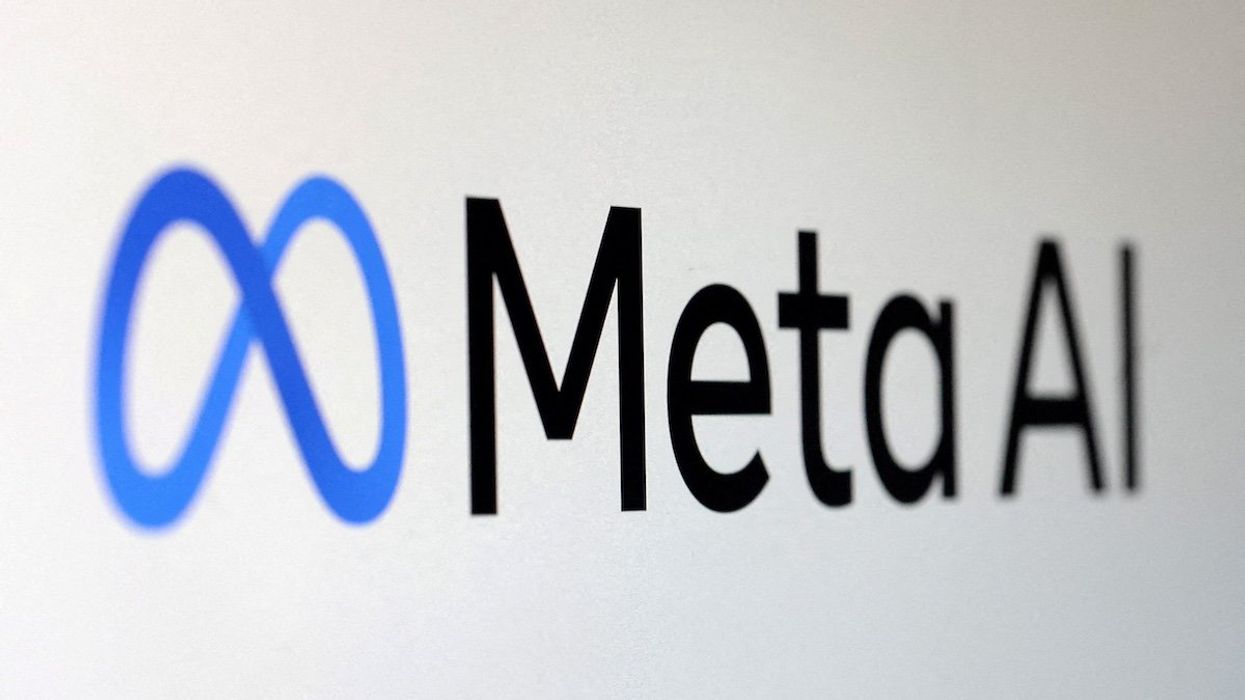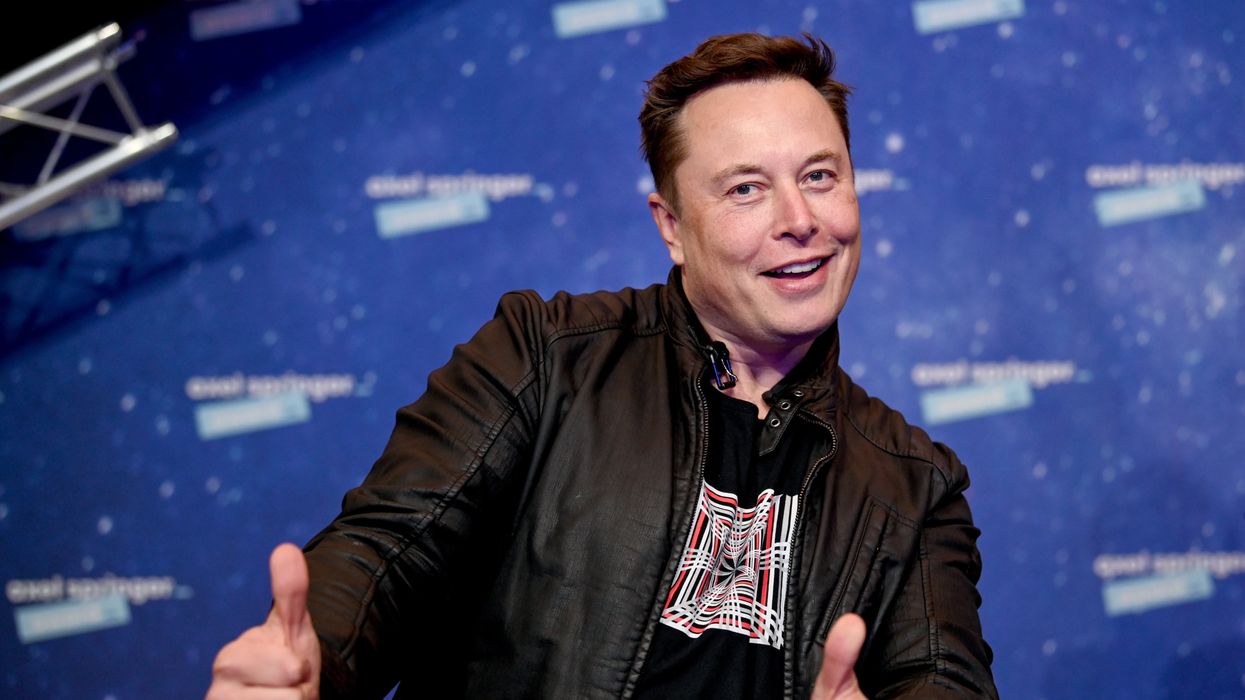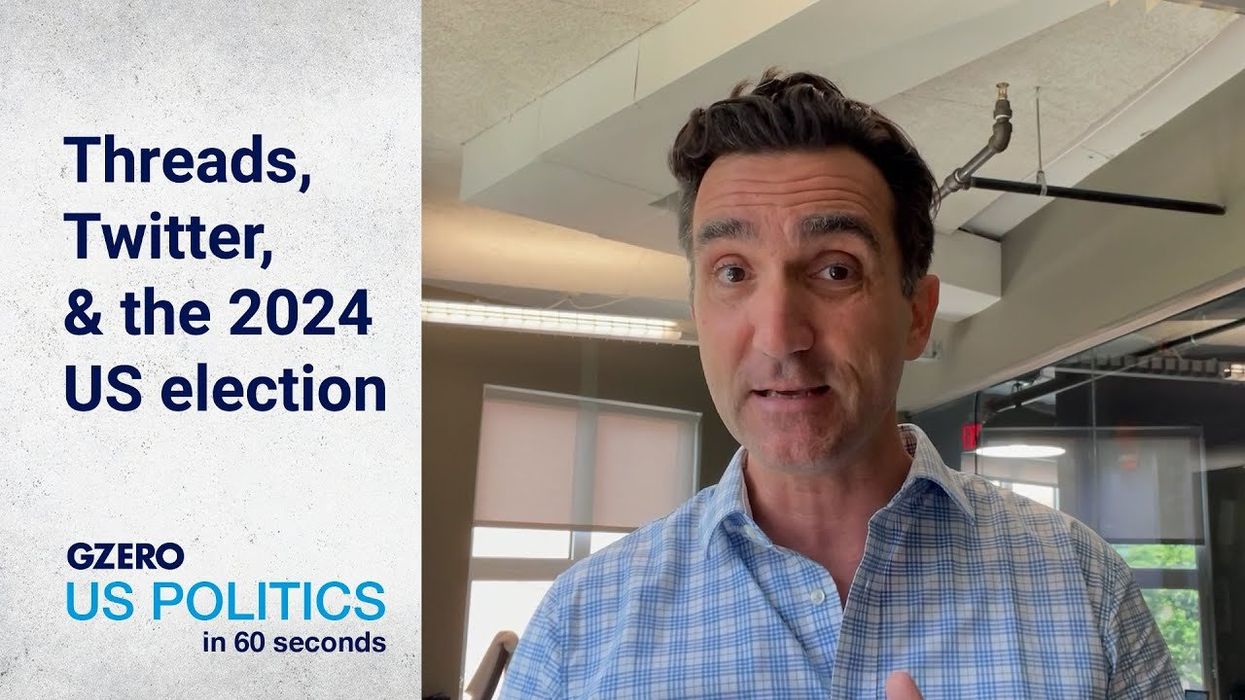GZERO AI
AI labels are coming to Instagram and Facebook. Will they work?
Sir Nick Clegg, president of global affairs at Meta, the parent company of Facebook, Instagram, and Threads, announced Tuesday their platforms would begin labeling AI-generated images.
Feb 06, 2024




